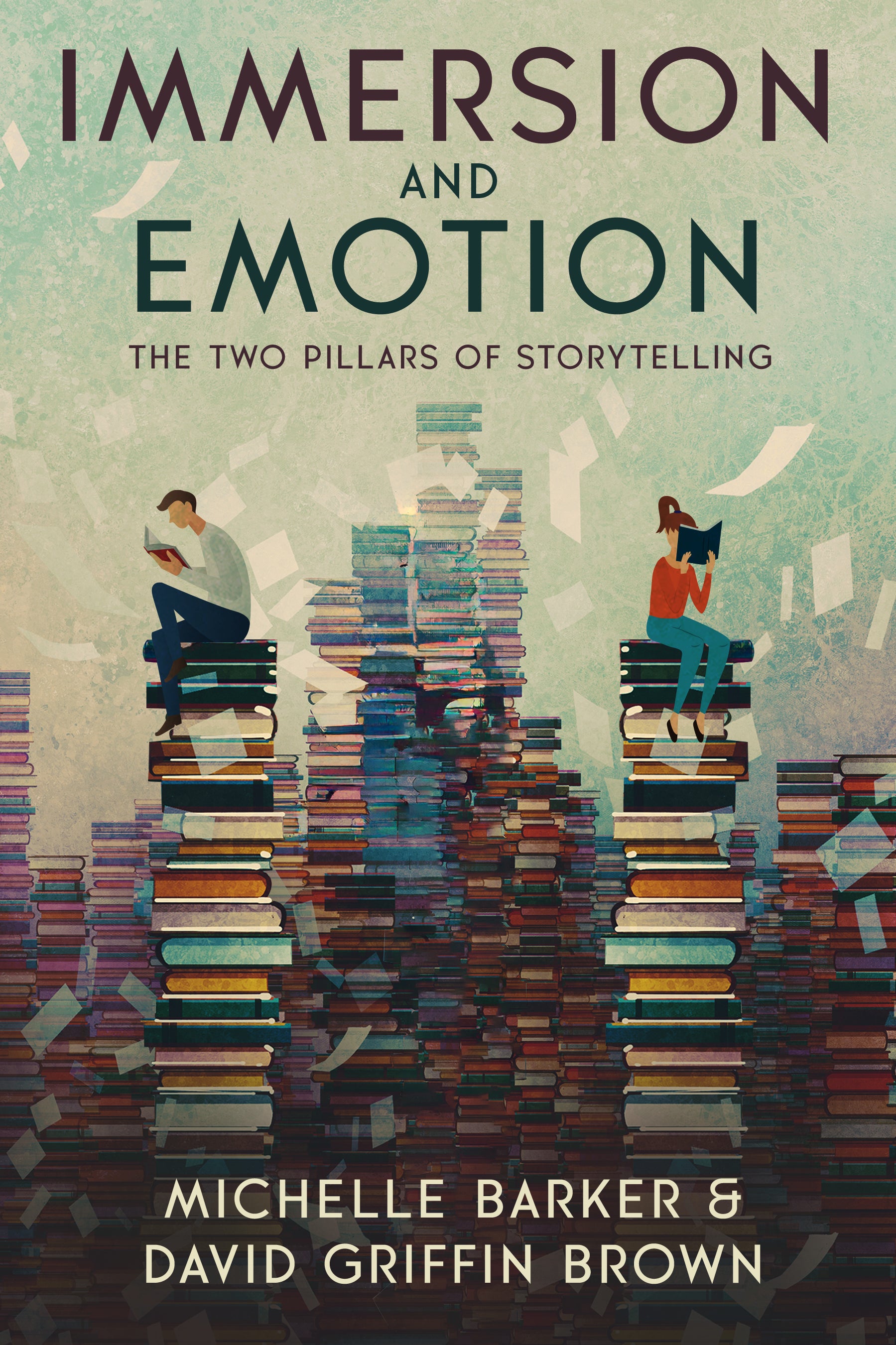50,000 Words Later: Surviving NaNoWriMo

By David Griffin Brown
As the leaves turn and the days shorten, a different kind of transformation is at hand for writers worldwide. National Novel Writing Month (NaNoWriMo), the annual internet-based creative writing project, turns the solitary act of writing into a community effort. It began in 1999 with a modest cohort of 21 participants and has since burgeoned into a global endeavor. It’s where the seeds of novels like Water for Elephants by Sara Gruen and Fangirl by Rainbow Rowell were first sown (among many, many others).
With that spirit of transformation in mind, let's delve into how you too can join the grueling fun to launch a shiny new literary project of your own.
Practical Tips for a Successful NaNoWriMo
Rhythm Over Rush: Find your writing cadence. Whether it’s the quiet of dawn or the wees hours of night, let your productivity ebb and flow with your natural rhythm.
Embrace the Community: NaNoWriMo is about communal courage. Engage with forums, attend virtual write-ins, and remember that every other participant is a potential comrade.
Preparation Meets Opportunity: Even a minimal outline can help. Think of it as a map; you may deviate, but you'll never be lost.
Weaving Craft into Creativity
The Art of Subtlety: Craft immersive experiences by minimizing overt sensory and cognitive directions. Let the readers feel the rain on their skin without being told it's wet and cold.
Goals as Guiding Stars: Ensure your protagonist's desires are clear, specific, and relatable. Their quest should be the reader's compass, orienting every chapter with purpose.
Causality is King: Each plot point should flow into the next with causal connectivity. Events that happen 'just because' are the bane of emotional draw.
Emotional Resonance: Always circle back to the emotional draw. It's not just about what happens, but how what happens affects the characters we've come to care about.
When the Words Won’t Flow
Skip and Skim: Stuck on a scene? Move forward. Write the parts that excite you. Momentum is key; you can always circle back.
Dialogue Drives: When in doubt, write dialogue. It's a dynamo for character development and can often lead you out of a creative impasse.
The What-If? Game: Challenge your plot with twists. Asking “what if” can unravel new pathways you hadn't considered. What if the genre was Western instead of science fiction? What if the story was set in a different country?
Revisit the Roots: Sometimes, revisiting your story’s inspiration—the image or idea that sparked your narrative—can reignite your writing fervor.
Beyond the 30-Day Sprint
Persistence in Pace: Continue to write post-November, even if the sprint slows to a stroll. Your story deserves to cross the finish line.
A Restful Eye: Grant your manuscript a peaceful slumber. A month or two of space from your work can sharpen the senses and the blue pencil.
Community Critique: Seek out your fellow NaNoWriMo voyagers for feedback swaps. Fresh eyes find new opportunities.
The Revision Quest: Approach editing not as a chore, but as a quest for clarity and engagement. A great book is honed, not hatched.
Victory Lap
As we crest the hill of November's end, take a moment to bask in the glow of your accomplishment. Whether you've churned out tens of thousands of words or simply a few thousand, you've breathed life into a world that didn't exist before. That is a profound act of creation. Remember, storytelling isn't bound by word counts or confined by month-long endeavors—it's a craft honed over lifetimes, one that continually evolves as we do.
You have the power to create immersive and emotionally resonant stories for your readers. As you press on, remember that the architecture of narrative allows for infinite possibilities. Yours is unique. Keep shaping it with the care of an artist and, when ready, share it with the world. For the tales we tell become part of the tapestry of human experience.

David Griffin Brown is an award-winning short fiction writer and co-author of Immersion and Emotion: The Two Pillars of Storytelling. He holds a BA in anthropology from UVic and an MFA in creative writing from UBC, and his writing has been published in literary magazines such as the Malahat Review and Grain. In 2022, he was the recipient of a New Artist grant from the Canada Council for the Arts. David founded Darling Axe Editing in 2018, and as part of his Book Broker interview series, he has compiled querying advice from over 100 literary agents. He lives in Victoria, Canada, on the traditional territory of the Songhees and Esquimalt Nations.






